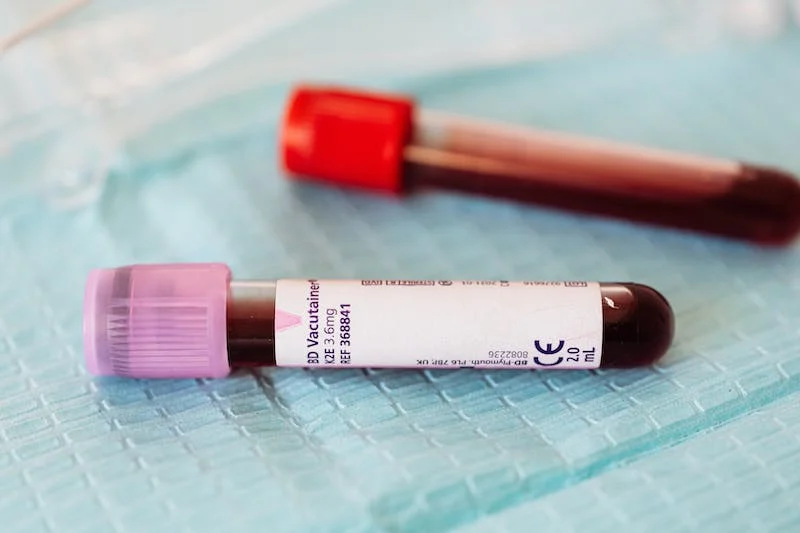Author Interviews, Health Care Systems, JAMA, Sleep Disorders, Yale / 18.01.2023
Early Morning Blood Draws in Hospitalized Patients Come with Benefits and Drawbacks
MedicalResearch.com Interview with:
César Caraballo-Cordovez, MD
Postdoctoral Associate
Yale/YNHH Center for Outcomes Research and Evaluation (CORE)
New Haven, CT 06511
MedicalResearch.com: What is the background for this study? What are the main findings?
Response: Our group has been interested in how patients’ experience during hospitalization impacts their recovery and their health for a while. In 2013, Dr. Harlan Krumholz (senior author of the current study) identified that patients who were recently hospitalized experienced a period of generalized risk for myriad adverse health events, a condition that he named ‘post-hospital syndrome’. One of the possible explanations for this observation is that the stress from being hospitalized negatively impacts patients’ health during their stay in the hospital and after being discharged. The stress in a hospital may come from different sources–including sleep deprivation.
Sleep is fundamental for recovery, and there are many challenges for patients to have adequate sleep while being hospitalized. Among the many sources of sleep interruption are early morning blood draws. Blood draws are often performed in the early morning in order to have recent lab tests results available during morning medical rounds. However, this common practice may disrupt patients’ recovery by interrupting their sleep. We were interested in determining to what extent blood draws contribute to early morning sleep disruptions and whether there has been recent progress in reducing them.
We used data from Yale New Haven Hospital from 2016 to 2019 and found that nearly 4 in 10 of total daily blood draws were collected between 4:00am and 7:00am–a proportion that was persistently high over the 3 years we studied. Importantly, we found that this occurred across patients with different sociodemographic characteristics, including older individuals who are at highest risk of adverse health events from sleep deprivation.
(more…)

